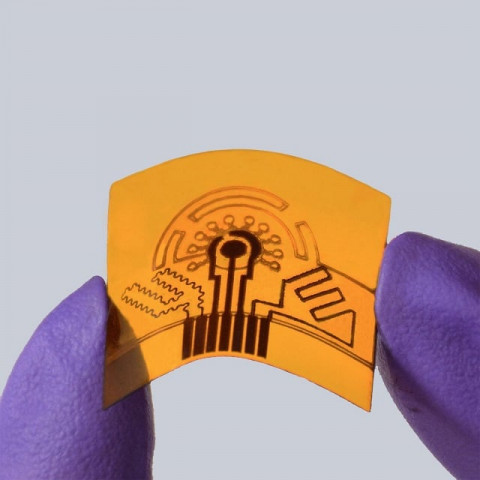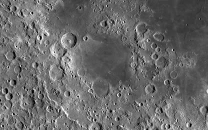US researchers develop wearable sweat sensor
The new sensor can detect sweat compounds of much lower concentrations

PHOTO: CALTECH
The new sweat sensor, developed by a team led by Wei Gao, assistant professor of medical engineering at Caltech, is more sensitive than previously developed sweat sensors, the study said.
The new sensor can detect sweat compounds of much lower concentrations, while the previous ones mostly target compounds that appear in high concentrations, such as electrolytes, glucose, and lactate, it said.
Artist-scientist breathes new life into ancient fossils
The development of such sensors would allow doctors to continuously monitor the condition of patients with illnesses like cardiovascular disease, diabetes, or kidney disease, all of which result in abnormal levels of nutrients or metabolites in the bloodstream, it added.
"Such wearable sweat sensors have the potential to rapidly, continuously, and noninvasively capture changes in health at molecular levels," Gao said.
"They could enable personalised monitoring, early diagnosis, and timely intervention."
NASA aims for first manned SpaceX mission in first-quarter 2020
To see how well the sensors perform, the researchers ran a series of tests with healthy individuals and patients.
Gao said the high sensitivity of the sensors, along with the ease with which they can be manufactured, means they could eventually be used by patients at home to monitor conditions like gout, diabetes, and cardiovascular diseases.



















COMMENTS
Comments are moderated and generally will be posted if they are on-topic and not abusive.
For more information, please see our Comments FAQ